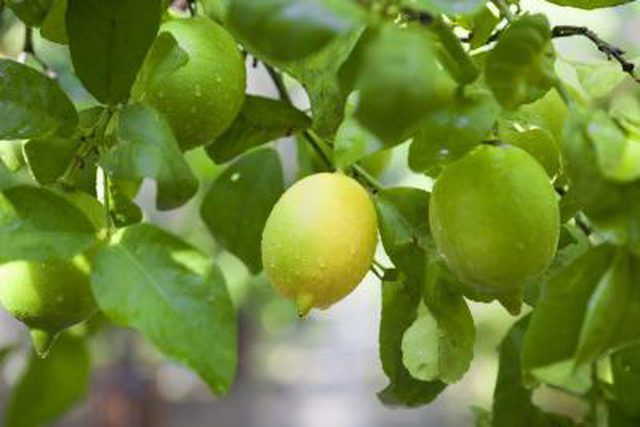Bulbs
Flower Basics
Flower Beds & Specialty Gardens
Flower Garden
Garden Furniture
Garden Gnomes
Garden Seeds
Garden Sheds
Garden Statues
Garden Tools & Supplies
Gardening Basics
Green & Organic
Groundcovers & Vines
Growing Annuals
Growing Basil
Growing Beans
Growing Berries
Growing Blueberries
Growing Cactus
Growing Corn
Growing Cotton
Growing Edibles
Growing Flowers
Growing Garlic
Growing Grapes
Growing Grass
Growing Herbs
Growing Jasmine
Growing Mint
Growing Mushrooms
Orchids
Growing Peanuts
Growing Perennials
Growing Plants
Growing Rosemary
Growing Roses
Growing Strawberries
Growing Sunflowers
Growing Thyme
Growing Tomatoes
Growing Tulips
Growing Vegetables
Herb Basics
Herb Garden
Indoor Growing
Landscaping Basics
Landscaping Patios
Landscaping Plants
Landscaping Shrubs
Landscaping Trees
Landscaping Walks & Pathways
Lawn Basics
Lawn Maintenance
Lawn Mowers
Lawn Ornaments
Lawn Planting
Lawn Tools
Outdoor Growing
Overall Landscape Planning
Pests, Weeds & Problems
Plant Basics
Rock Garden
Rose Garden
Shrubs
Soil
Specialty Gardens
Trees
Vegetable Garden
Yard Maintenance
How to Care for a Lemon Tree
How to Care for a Lemon Tree. Lemon trees (*Citrus limon*) -- hardy from U.S. Department of Agriculture zones 8 to 11 -- will do well in most soils, so long as they're well-drained and have a pH of about 5.5 to 6.5, notes Jonathan H. Crane of the University of Florida IFAS Extension. If you already have a lemon tree in the ground, caring for it...

Lemon trees (Citrus limon) -- hardy from U.S. Department of Agriculture zones 8 to 11 -- will do well in most soils, so long as they're well-drained and have a pH of about 5.5 to 6.5, notes Jonathan H. Crane of the University of Florida IFAS Extension. If you already have a lemon tree in the ground, caring for it involves only very sporadic watering, occasional fertilizing and keeping an eye out for common citrus diseases.
Watering Tips
Lemon trees don't like wet feet, and as a general rule, they don't need much watering. Plus, watering a lemon tree's foliage and fruit can make it more susceptible to disease. Water any newly planted lemon trees every other day for the first week, and then one or two times a week for two months, suggests Crane.
In the first two years of life, water new lemon trees every five days or so during dry periods. Water mature lemon trees only about every seven to 14 days when the season is dry, writes Vincent Lazaneo of the University of California's San Diego Cooperative Extension. Place a layer of organic mulch, such as tree bark, around the spread of the tree -- and at least 1 foot from the trunk of mature trees to help them retain moisture.
Fertilizing Practices
For young, newly planted trees, sprinkle about 1/4 pound of a 6-6-6-2 fertilizer -- containing 6 percent nitrogen, 6 percent phosphate, 6 percent potash and 2 percent magnesium -- on the ground, under the spread of the tree's branches and slightly beyond every three to four months, gradually increasing to 1 pound of 6-6-6-2 fertilizer by the end of the first year.
For mature trees, sprinkle 3 to 4 pounds of 6-6-6-2 fertilizer under the spread of the tree's branches every four to six months. Also spray the tree's leaves with a foliar spray containing chelated zinc or iron two to four times a year.
Avoiding Pests
A strong spray of water from time to time will help keep many of the bad bugs off a lemon tree because the dust that accumulates makes it harder for beneficial bugs to find harmful bugs. What's more, the spray will wash away harmful bugs such as aphids.
Other common pests on citrus trees include the citrus leafminer moth, Florida red scale and snow scale, all which you can control by spraying the tree with a solution of 1/2 to 1 percent horticultural oil and 99 to 99.5 percent water. Fill an industrial sprayer with the solution and spray the tree, coating each leaf. Only spray the tree in dry weather, in temperatures below 100 degrees Fahrenheit.
To keep ants off the tree, which can keep away beneficial insects, set toxic baits such as a boric acid and sugar solution at the base of the tree, which the ants will eat and take back to their nests.
Preventing Disease
Keeping bad bugs away will also help to prevent disease. Two of the most common lemon tree diseases are citrus canker and citrus scab. With citrus canker, you might see raised, brown spots on fruits and leaves, surrounded by a yellow halo. With citrus scab, you'll see warty formations on leaves and fruit. If a tree gets canker, it's best to remove it so it doesn't spread to other citrus trees.
To prevent both diseases, spray the trees with a copper-based fungicide several times a year. Spray the tree with the fungicide after the lemon petals fall and again three weeks later. Also remove any old or dead wood to deter pests; lemon trees don't need much pruning beyond that. If you do prune, wipe tools down with a solution of 1 part bleach to 3 parts water to avoid spreading disease.